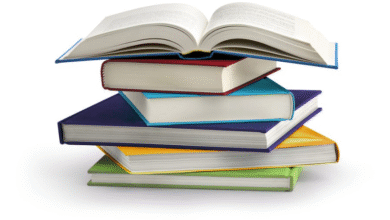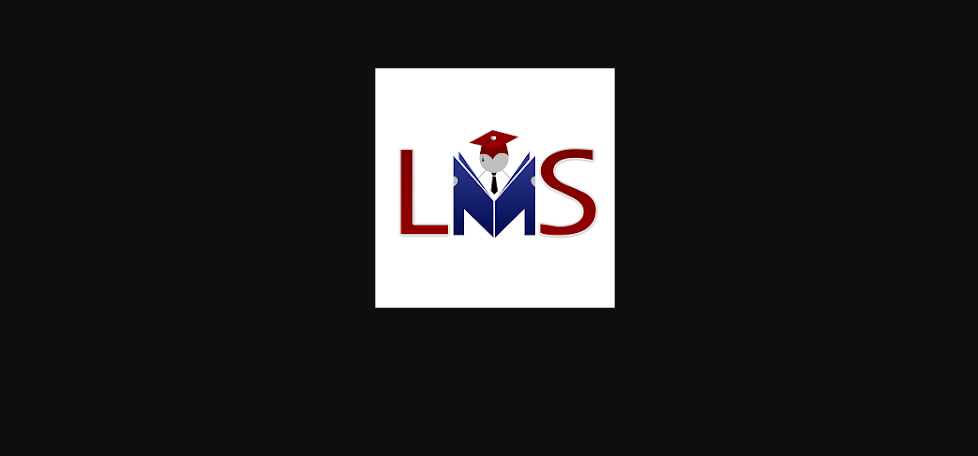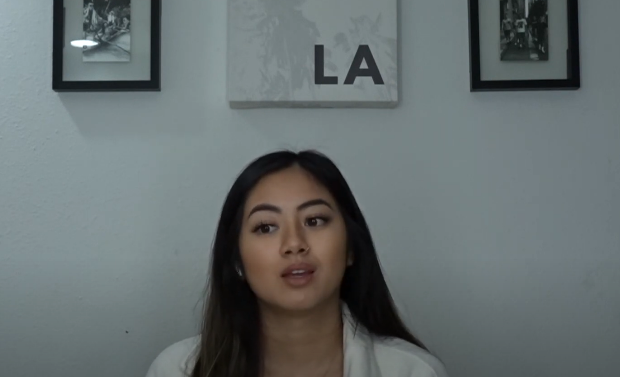Breaking Down Barriers: Overcoming Challenges in A Level Urdu Studies

The pursuit of academic excellence in Urdu is both a challenging and rewarding endeavor. In Pakistan, where the Higher Education Commission plays a crucial role in shaping the future of education, A Level Urdu holds a special place. This article aims to explore the various challenges students and educators face in A Level Urdu studies and provides insights into effective strategies for overcoming these obstacles.
The Significance of Urdu in Higher Education Level Pakistan
Urdu, as a language, is deeply woven into the cultural and historical fabric of South Asia, particularly in Pakistan. At the higher education level, Urdu not only serves as a medium of communication but also as a gateway to the rich literary and cultural heritage of the region. Despite its significance, Urdu education faces numerous challenges, especially during A Levels, which is a critical stage for students preparing for higher education and career opportunities.
Understanding the Challenges in A Level Urdu Studies
Curriculum and Pedagogy
One of the primary challenges in A Level Urdu is the need for a curriculum that resonates with contemporary times while preserving the richness of classical Urdu literature. The educational material, including Urdu primers, readers, and Urdu textbooks, needs to be both engaging and comprehensive.
Teaching of Urdu
The effectiveness of Urdu teaching methodologies significantly impacts students’ learning experiences. Teachers need to be well-versed not only in the language but also in innovative teaching methods. Resources like Dr. Durrani’s book Ilm-i-tadrees-i-Urdu offer invaluable guidance for educators.
Language Proficiency Issues
For Second Language Learners, gaining proficiency in Urdu can be particularly challenging. This includes mastering complex grammatical structures, developing a strong vocabulary, and understanding cultural nuances.
Resource Availability
There is a notable scarcity of updated and relevant teaching materials. This includes a lack of modern Urdu textbooks and resources that cater to the needs of today’s learners.
Examination and Assessment Systems
The existing examination and assessment systems often do not adequately test students’ understanding and creative use of the language. There’s a need for a more holistic approach that goes beyond rote learning.
Overcoming the Challenges
Revamping the Curriculum
The update of the A Level Urdu curriculum should be a dynamic process that reflects the evolving nature of language and culture. It should integrate contemporary issues such as global interactions, technological advancements, and modern literary trends while maintaining the essence of classical Urdu literature. This balance is crucial in developing well-rounded students who appreciate the language’s rich history and its current global context. The Higher Education Commission of Pakistan can lead this transformation by facilitating workshops, discussions, and research on curriculum development, engaging with educators, linguists, and literary experts to ensure the curriculum remains both modern and comprehensive.
Teacher Training and Development
Teacher training should be ongoing and multifaceted, focusing on modern pedagogical strategies, digital literacy, and methods to engage a diverse classroom. Workshops and professional development courses on interactive teaching methodologies, differentiated learning, and cultural sensitivity are vital. Special emphasis should be placed on training teachers to address the challenges faced by Second Language Learners, which includes understanding their unique linguistic needs and cultural backgrounds. Collaboration with international Urdu teaching forums and access to global teaching resources can also enrich the teachers’ skill sets.
Innovative Teaching Methods
Urdu education should embrace the digital age fully. This can be achieved through interactive online platforms, language learning apps, and the use of multimedia in classrooms, such as videos, podcasts, and interactive games. These tools can provide immersive and engaging learning experiences, making the process of language learning more appealing to students. Virtual reality experiences and online cultural exchanges can also provide students with exposure to diverse Urdu-speaking communities, thereby enhancing their language skills and cultural understanding.
Enhancing Learning Materials
The development of modern learning materials should consider the diverse needs of students at different proficiency levels. These resources should include not only textbooks but also interactive digital content, creative writing tools, and visual aids. Incorporating elements of popular culture, such as music, film, and social media, can make learning materials more relatable and engaging for students. Collaborations with authors, educators, and technologists can lead to the creation of innovative and effective learning tools.
Reforming Assessment Methods
Assessment methods need to be more reflective of students’ comprehensive understanding and application of Urdu. This includes project-based learning, creative writing assignments, presentations, and group discussions. Oral examinations and listening comprehension tests can assess spoken fluency and understanding. These varied forms of assessment can provide a more accurate measure of a student’s ability to use Urdu in diverse contexts and encourage a deeper engagement with the language.
Promoting Urdu Language and Culture
Encouraging extracurricular engagement with Urdu can significantly enhance language proficiency. Organizing literary festivals, poetry recitals, debates, and cultural exhibitions can provide students with immersive experiences. Collaborations with Urdu-speaking communities, both within and outside Pakistan, can offer real-life contexts for language use. Schools and colleges can foster student-led Urdu clubs and publications to promote creative expression in the language.
Support Systems for Second Language Learners
Effective support systems for non-native speakers are crucial. This can include specialized language labs, dedicated Urdu language tutoring, and peer-mentoring programs. Language immersion programs and cultural exchange opportunities can also provide practical experience and confidence in using Urdu. Additionally, providing access to online resources and language practice platforms can aid in continuous learning and improvement outside the classroom.
Conclusion
A Level Urdu is not just a subject; it’s a journey into the heart of a culture and a way of life. Overcoming the challenges in A Level Urdu studies requires a concerted effort from educational institutions, teachers, students, and the Higher Education Commission of Pakistan. By addressing these challenges, we can ensure that Urdu continues to thrive at the higher education level and beyond, preserving its legacy and significance for future generations.
To excel in A Level Urdu and overcome these challenges, consider the expert online home tuition services offered by Beacon Tutors. With our commitment to high education standards and a result-driven approach, we ensure your academic success in Urdu and other subjects. Connect with Beacon Tutors now and experience the difference in your educational journey.



